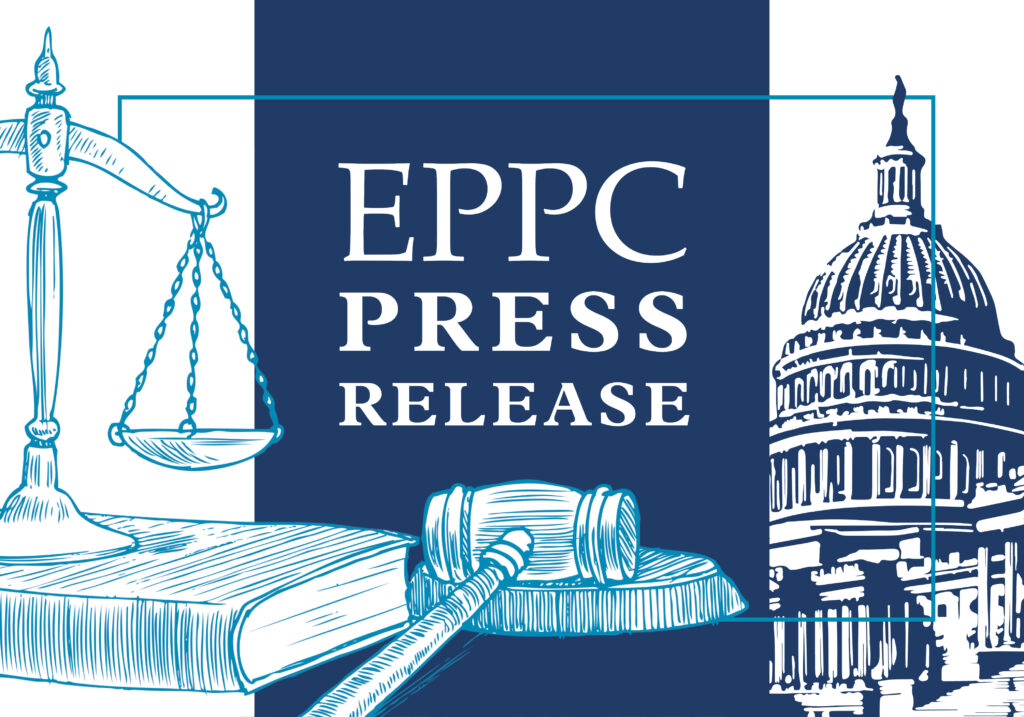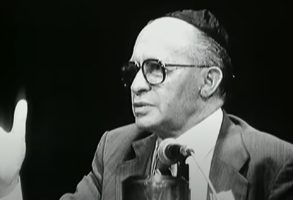
March 30, 2023
On March 30, EPPC filed an amicus brief in The School of the Ozarks, Inc. v. Biden urging the Supreme Court to hear a case involving whether the College can sue the U.S. Department of Housing and Urban Development (HUD) over a Directive ordering HUD to enforce sex discrimination in housing to include discrimination because of “sexual orientation” and “gender identity.”
The College reasonably feared that HUD would require it to reverse its policy of separating residence halls based on biological sex and challenged the Directive, which was issued without notice and comment—a legally required rulemaking process that affords the public a fair process and a voice. The College sued HUD, but the lower court held HUD’s Directive did not inflict an injury on the College, allowing HUD to avoid judicial review of its decision to ignore the notice and comment process. The sole issue before the Supreme Court is whether the College has standing to sue HUD for evading the notice and comment process.
EPPC fellows Rachel N. Morrison and Eric Kniffin partnered with the Cato Institute to lead the amicus brief, which was joined by the National Federation of Independent Business Small Business Legal Center, Inc., Reason Foundation, Taxpayers Protection Alliance, and Manhattan Institute.
The six organizations have diverse views and focus on a variety of legal and policy issues, but all either submit public comments on proposed rules as institutions or employ scholars who have submitted public comments in their personal capacity. The organizations have a strong interest in protecting the right to participate in the agency rulemaking process and in preserving their own opportunities to help shape public policy. In recent years, EPPC has become an active participant in the agency rulemaking process, providing comments on proposed rules and educating others on how to engage.
The organizations argue in the brief:
The lower court was wrong. The procedural requirements of notice-and-comment rulemaking are legal obligations and exist for a reason. They hold agencies accountable to the public and foster reasoned decisionmaking. They introduce a democratic element into administrative processes and create a basis by which agency rules can be invalidated when they are “arbitrary and capricious.”
All interested persons, but especially regulated parties, benefit from this process. The right to notice-and-comment rulemaking is not a bare and meaningless procedural right. When agencies circumvent notice-and-comment rulemaking, it imposes real costs on parties, and public policy suffers. The violation of that procedural right is itself sufficient to establish Article III standing for interested parties, like the College here.
HUD, like all agencies, might often prefer to avoid the accountability and deliberation of notice-and-comment rulemaking. And if courts continue to deny judicial review by improperly invoking doctrines of justiciability, agencies will only be more emboldened to skirt these safeguards. Instead, courts should review such claims on the merits, and they can do so without unjustifiably burdening the ability of agencies to promulgate important rules.
As both [the College] and Judge Grasz (dissenting below) note, “This case highlights the corrosive effect on the rule of law when important changes in government policy are implemented outside the normal administrative process.” This Court should grant certiorari to ensure that agencies follow the [law’s] requirements when making rules and important policy choices that can affect all aspects of American life.









